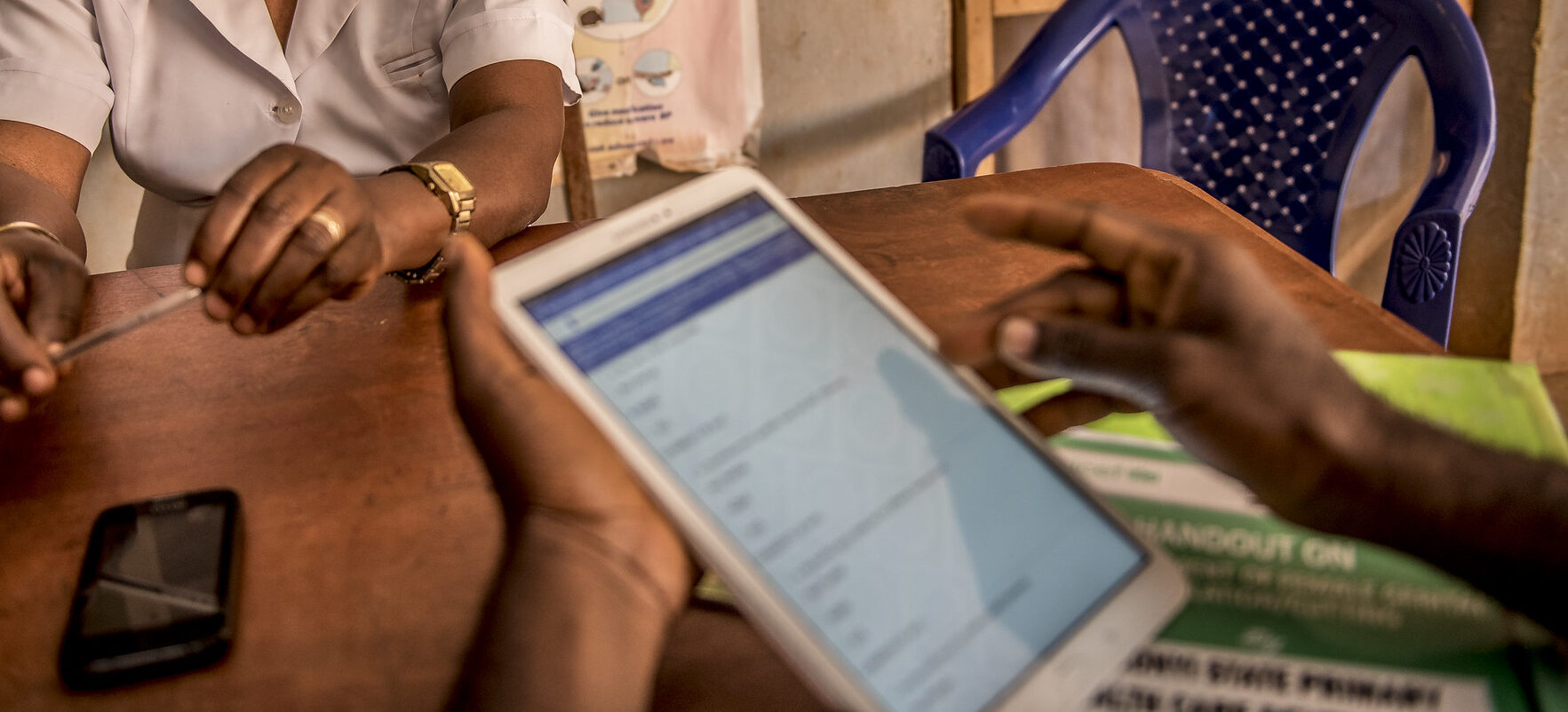- Adolescent and Youth Health
- AI Integration
- Family Planning and Reproductive Health
- Gender Equity
- Global Health Security
- HIV
- Immunization
- Infection Prevention and Control
- Innovations
- Learning and Performance
- Malaria Prevention and Treatment
- Maternal Newborn and Child Health
- Measurable Impact
- Nursing and Midwifery
- Primary Health Care
- Tuberculosis
- Women’s Cancers
Nigeria
Nigeria
Sannu! Kedu! Bawo ni!
We’ve reached millions of Nigerian women, men and children since 1978.


Selected Achievements
HIV testing services have been provided to more than 2.6 million people, newly identifying more than 74,000 as HIV-positive and linking more than 72,000 to care and treatment.
Through the Reaching Impact, Saturation, and Epidemic Control (RISE) project, more than 1.5 million COVID-19 vaccinations have been delivered through efforts across state and local governments.
Jhpiego provided technical assistance for the development of updated national guidelines for HIV testing services. These guidelines now incorporate recency testing (testing to determine how recently an individual was infected with the virus) and other methods such as HIV self-testing, partner notification services (index testing), and dual rapid diagnostic tests for HIV and syphilis.
Through a groundbreaking community-based approach, Jhpiego expanded treatment of malaria in pregnancy, thereby reducing the high risks malaria poses to pregnant women and their newborns. The approach has led to a dramatic increase in pregnant women receiving a third dose of intermittent preventive treatment (IPTp3). Household study results in the three districts have shown that IPTp3 coverage increased from 11.5% in 2018 to 62.7% in 2021.
Nigeria
Areas of Expertise
Our Projects
Donors + Partners









